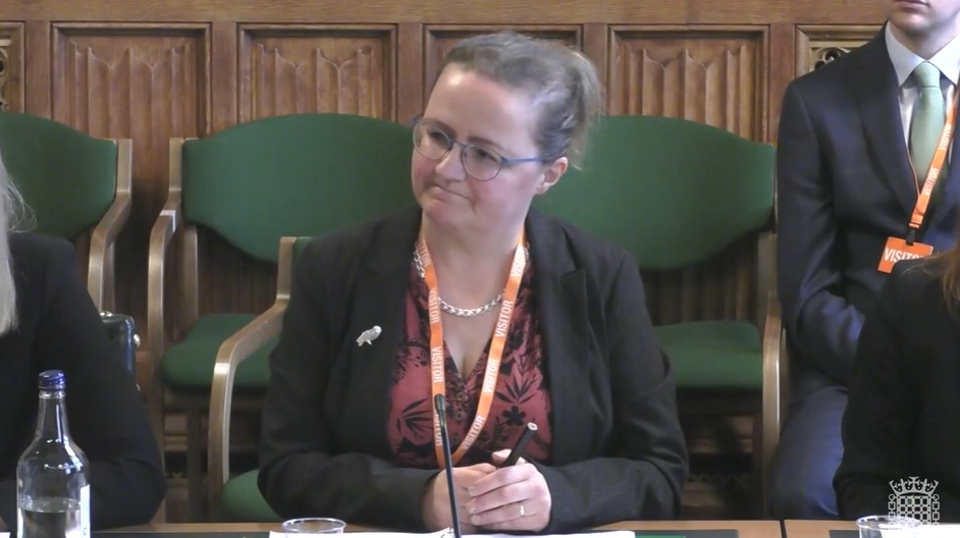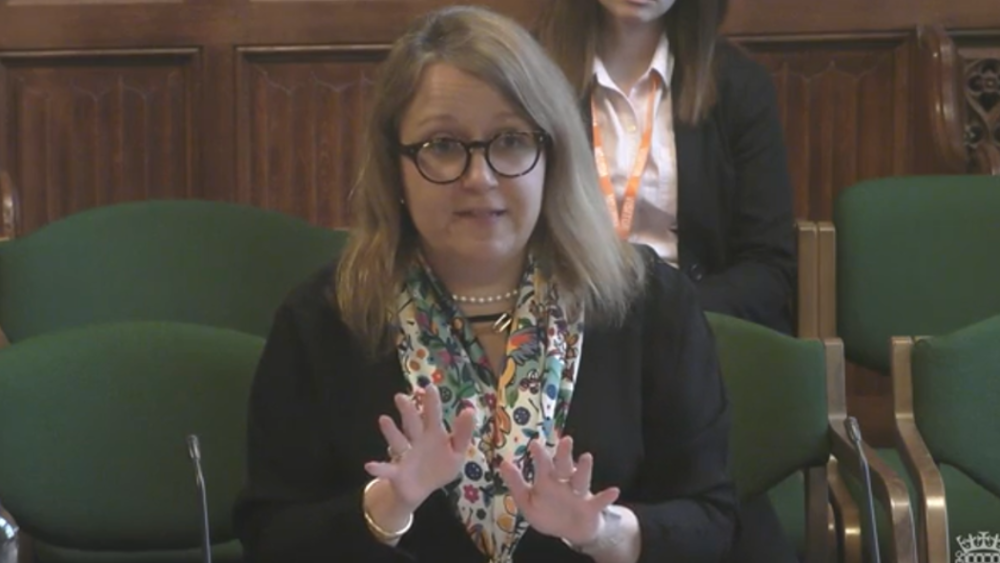Trade barriers put UK horticulture at risk
Urgent resolutions are needed for the self-inflicted barriers to trade that is damaging the UK horticulture industry says the HTA
In the Horticultural Trades Association’s (HTA) recent committee evidence session appearances relating to the issue of trade and imports, a common theme became strikingly clear; the UK’s operations to enable industry to trade is not fit for purpose.
The UK’s environmental horticulture industry, which includes tree and plant growers, garden centres, landscapers and manufacturers, are predominantly SMEs who rely on imports of plants & plant products (largely from or via the Netherlands) to underpin their plant growing and trading operations.
The UK’s production of flora has been severely disrupted by the implementation of the Border Target Operating Model (BTOM). Coupled with restrictions in trade from GB to Northern Ireland following Brexit, costs have spiralled, customers and products have been lost, and administration and transport time have significantly increased at a difficult time for businesses. So difficult that for some horticulture businesses that their future is now at risk.
The HTA say this is the opposite to the Government’s mission for growth agenda.
Yet more problems are on the horizon, with Defra proposing to significantly increase plant health related fees for businesses by as much as 27%.
The HTA is advocating for the following actionable solutions:
- Deliver on a plant health SPS agreement between the UK and EU.
- In the meantime, dramatically improve pre and at -border communications and ensure transparency for border related data.
- Addressing capacity issues at Border Control Points (BCPs).
- Revisiting the UK's commodity risk categorisation.
- Confirming a continued easement to allow GB Plant Passports to be affixed to retail-ready plants in the EU beyond June 2025.
- Government to bring forward its fundamental review of plant health fees, currently planned for 2026/27, and postpone fee changes until they can be based on that review.
The HTA gave oral evidence to the Environment, Food and Rural Affairs (EFRA) Committee as part of its inquiry into border biosecurity. This inquiry examines the UK's animal and plant health controls, with a focus on the movement of plants, plant products, and related goods in and out of Great Britain and their impact on businesses and consumers.
 Sally Cullimore, Technical Policy Manager at the HTA, outlined the challenges that member businesses face due to less control over their supply chain, substandard biosecurity and SPS agreements. These include increased costs, delays, and administrative burdens that disproportionately impact small and medium-sized enterprises (SMEs). The HTA is advocating for effective biosecurity measures and a smooth, cost-effective border, crucial for the success of UK horticulture.
Sally Cullimore, Technical Policy Manager at the HTA, outlined the challenges that member businesses face due to less control over their supply chain, substandard biosecurity and SPS agreements. These include increased costs, delays, and administrative burdens that disproportionately impact small and medium-sized enterprises (SMEs). The HTA is advocating for effective biosecurity measures and a smooth, cost-effective border, crucial for the success of UK horticulture.
The HTA’s written evidence, submitted in January 2025, highlights the sector's critical reliance on plant imports, with 79% of UK nurseries relying on plant product imports (99% from the EU). In 2023, these imports were valued at over £770 million.
Speaking after the session, Sally Cullimore said:
"We're passionately committed to securing a thriving future for our members. The disproportionate impact of current border procedures, with full plant health controls since 2021, is unsustainable. We must enhance public awareness about the risks associated with personal plant imports, address the inefficiencies of current Sanitary and Phytosanitary (SPS) controls, and address the shortcomings of the Border Target Operating Model, including poor communication and capacity issues at Border Control Points (BCPs).
“We need the government to act on these issues urgently: improving communication, unblocking BCPs, fairly reviewing risk categories, guaranteeing the GB Plant Passport easement beyond June 2025 and supporting our seed trade.
“Ultimately, long-term stability requires an SPS agreement with the EU. To be effective, this agreement must be based on mutual recognition of each other’s plant health regimes, maintain biosecurity, enhance smooth and cost-effective trade and support UK horticulture. We will continue to collaborate to make that a reality – because our members deserve nothing less.”
The HTA views an SPS agreement with the EU as a key solution to address border issues and friction. The HTA is calling on both the UK and the EU to negotiate this agreement, which has the potential to facilitate the swift and efficient movement of plant imports and exports across the UK-EU border, without undue delay or cost. If crafted correctly, an SPS agreement will not only maintain biosecurity but also have the potential to enhance it, which is of great importance to the sector. Any agreement with the EU must be based on mutual recognition of each other’s plant health areas, which is of paramount importance. [SC1]
The HTA maintains its commitment to working with the government to find practical solutions that ensure both effective biosecurity and a thriving horticultural sector.
Horticultural trade between GB and Northern Ireland continues to be impacted upon despite the Windsor Framework. The HTA recently delivered oral evidence to the Northern Ireland Affairs Committee as part of its inquiry into the operation of the Windsor Framework. This inquiry examines the post-Brexit legal agreement, beginning with a session focused on how the framework affects businesses and consumers, particularly regarding the movement of goods between Great Britain and Northern Ireland.
 Jennifer Pheasey, the HTA’s Director of Public Affairs, outlined the ongoing challenges its member businesses face in moving plants and plant products from Great Britain to Northern Ireland, despite some improvements brought about by the Windsor Framework.
Jennifer Pheasey, the HTA’s Director of Public Affairs, outlined the ongoing challenges its member businesses face in moving plants and plant products from Great Britain to Northern Ireland, despite some improvements brought about by the Windsor Framework.
Speaking after the session, Jennifer Pheasey said:
"Whilst we welcomed the Windsor Framework as a stepping stone solution and recognise the significant effort involved in reaching a negotiated outcome, businesses still face significant challenges, with the burdens of paperwork and navigating the systems to trade – all adding time and costs.
“Resuming trade into Northern Ireland is of enormous importance to many HTA members, many of whom have seen an almost complete cessation of trade into Northern Ireland as Northern Irish businesses have found it difficult, if not impossible, to buy from their regular GB-based suppliers. These barriers are impacting both the industry and consumers.
“The HTA welcomes being a lead part of the Horticultural Working Group and continues to engage with government and policymakers to explore routes to ease trade routes within the current legal frameworks. Being invited to give evidence today is a positive sign that our concerns are being taken seriously."
During the session, Jennifer highlighted several key concerns, including the need for refinements to the Northern Ireland Plant Health Label (NIPHL) Scheme, improved communications and engagement, and the importance of establishing a UK-EU Plant Health /Sanitary and Phytosanitary (SPS) agreement to facilitate smoother trade.
The HTA has brought its members together to actively engage with government and policy-makers, including through its membership in the Northern Ireland Horticultural Working Group. It continues to push for practical solutions to support businesses as they navigate these ongoing trade challenges.
